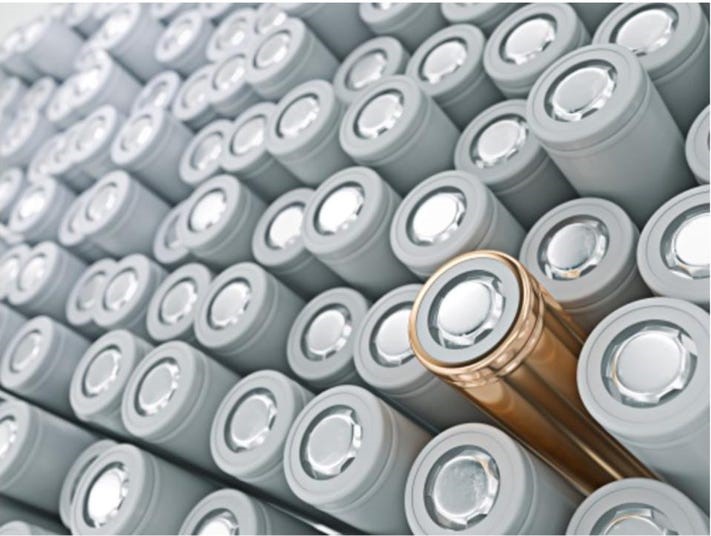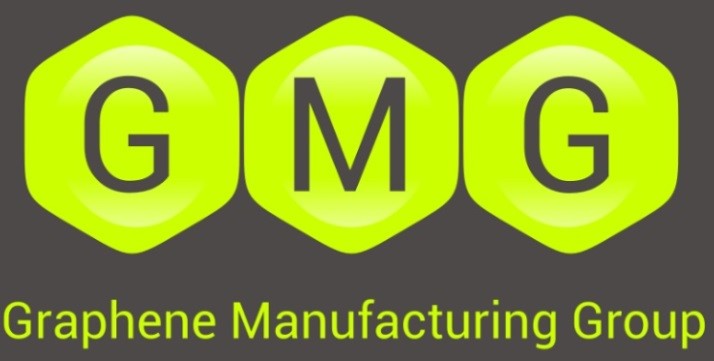

The newly created graphene aluminium-ion batteries from Graphene Manufacturing Group (GMG) hold the potential to revolutionise the way electric vehicle technology is used today. The batteries are not just lightweight or faster to charge but also feature better environmental credentials and have a longer lifespan than other lithium-ion counterparts.

GMG believes its battery technology may be utilised for many applications, including coin-cell batteries for key fobs and the utility-scale battery packs used to power electric cars. The worldwide battery business is expected to be worth $50 billion by the middle of this century.
“I think there are a lot of opportunities for this technology in automotive applications, especially given how well it performs in fast-charging and regenerative braking conditions. There is a massive need for batteries ahead of us, especially over the next 10 to 15 years, and while it may take us a while to reach scale, we are working on getting our battery technology into the market as fast as we can,” added Craig Nichol, GMG's CEO and Managing Director.
Craig Nichol also reported that his firm's graphene aluminium-ion batteries can address many of the problems associated with producing toxic lithium-ion batteries while providing up to 70 times faster charging and longer life.

In addition, graphene aluminium-ion batteries have "three to five times" the energy density of lithium-ion batteries. They cannot catch fire, providing clear safety advantages in vehicles in the event of an accident and in areas where thermal runaway events can result in severe fires, such as the one that in 2021 completely destroyed the cargo ship Felicity Ace, leased by Volkswagen.
Directly created from natural gas, graphene powder is produced by GMG's patented production technique, which has clear environmental advantages. Using nanotechnology developed in conjunction with the University of Queensland, the powder is crushed into a pellet shape and implanted with small aluminium ions.
According to Mr Nichol, the procedure is more economical and ecologically friendly than the conventional way of producing graphene from graphite, making the technology's long-term scalability equal to that now used in the manufacture of lithium-ion batteries. Hydrogen is a by-product of the fabrication of graphene aluminium-ion batteries, which has additional use in the transportation sector to power fuel cell electric cars (FCEVs).
GMG will begin making coin-sized batteries the next year and switch to "pouch pack" units in 2024. Mr Nichols stated that he is convinced the batteries manufactured by his business would also be more cost-effective than those already on the market because of a less intensive material basis and lower overall weight - which clearly pays off in logistics.



Responses






